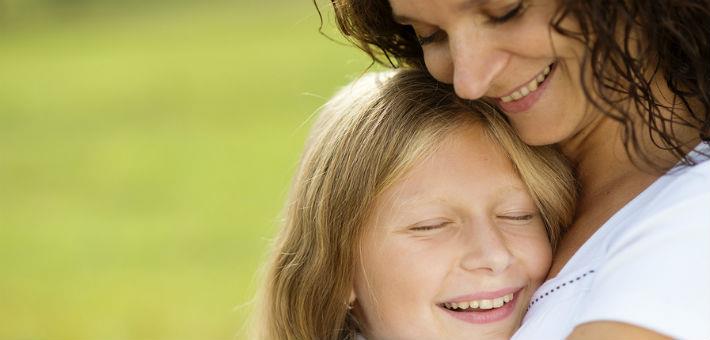
The Healthiness of Feeling Cared About
A Journal of Primary Prevention study gives insights into the importance of teens’ social connections for their health. Feelings of being supported and cared about by others, such as family members, teachers and other people in the community, benefit teens’ physical activity, and decrease violent behaviors and substance use. However, relations with peers seem to be an exception, as teens who feel cared about by their peers use substances (e.g., cigarettes, alcohol, and marijuana) more often.
Take aways
- Teens’ feeling of being socially connected to others seems to benefit their healthy behaviors:
- Teens who feel cared by someone in their family or by their teachers are less likely to perform aggressive behaviors or to use substances, such as cigarettes and alcohol.
- Teens who feel cared about by someone in their community (other than parents and teachers) are more likely to be physically active.
- However, there is an exception: when teens feel support and care from their friends, they are more likely to use substances.
- For health intervention developers these results can help to develop and target campaigns more effectively.
Study information
The question?
Is there a relationship between teens’ feeling of being socially connected to others and their healthy behaviors?
Who?
46,588 teens in grade 9 (approx. 14-15 y/o) and 11 (approx. 16-17 y/o) (70% were white, 22% were Asian-American, and 8% Pacific Islander)
Where?
California, United States
How?
The High School Questionnaire of the California Healthy Kids Survey (CHKS) was used to measure teens’ feeling of being socially connected to others (e.g., how much they feel supported and cared about by others). This was divided into their feeling of connectedness within their family (e.g., having someone in the family who cares and listens), friends (e.g., having peers who care), school (e.g., having teachers who care), and community (having someone outside home and school who cares). The researchers measured both healthy (physical activity and healthy eating) and unhealthy behaviors (substance use, violent behavior).
Facts and findings
- Teens' feelings of being socially connected to others related to their healthy behaviors:
- Teens who felt cared about by someone in their community, were more likely to be physically active (for at least 20 min).
- Teens who felt socially connected within their family and school, were less likely to use substances (e.g., cigarettes, smokeless tobacco, alcohol, marijuana).
- Teens who felt cared about by someone in their family, were less likely to perform violent behaviors (e.g., participating in physical fights, damaging school property on purpose, carrying a gun).
- However, a feeling of being socially connected was not always beneficial. Teens who felt cared about by their friends, were more likely to use substances than those who were not.
- No relationship was found between teens’ feeling of being socially connected and their healthy eating behavior.
- Critical note: This study does not allow for any conclusions about cause (e.g., feeling of being socially connected) and effect (e.g., healthy behaviors). The results only show that feelings of being cared about by others in the family, school or community is associated with healthier behavior.